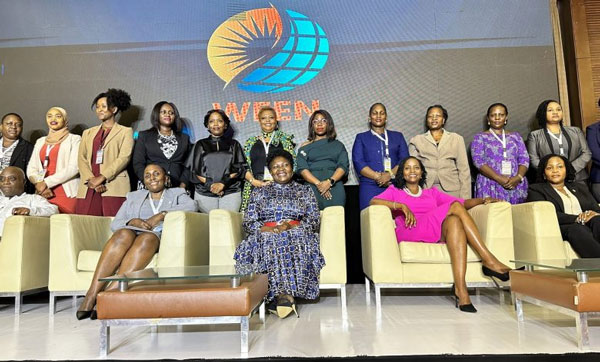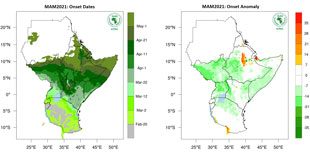
Kampala, Uganda | THE INDEPENDENT | Women have formed a network to encourage more women and girls into Uganda’s oil, gas, and minerals sector.
Women in Energy and Extractives Network(WEEN) is a brainchild of the likes of Ziria Waako Tibalwa, the Executive Director of the Electricity Regulatory Authority, Proscovia Nabanja of Uganda National Oil Company, Dr. Jane Nambakire Mulemwa the board chair Petroleum Authority among others.
The network is expected to overcome structural gender inequality within the extractive industries.
Uganda National Oil Company Chief Executive Officer, Proscovia Nabanja, formerly a geologist at the Ministry of Energy told URN that the Network will bring together women to ensure inclusivity in the extractive industry.
According to Engineer Ziria Waako Tibalwa, women face what she described as systemic discrimination in all phases of extractive industry projects.
She says that the Women in Energy and Extractives Network is to embark on activities aimed at mentoring school girls for careers in energy, oil, gas, and minerals. Statistics indicate girls that less than 15% of the learners at training institutions like Uganda Petroleum Institute Kigumba.
Tibalwa suggests the need for aspiring young women to overcome the social barriers and hurdles so that they take up careers in a sector that is currently male-dominated.
She says that part of the problem has been the lack of mentorship and guidance for girls to take up career paths in different aspects of engineering and other related courses. She said Women in Energy and Extractives should ensure that women actively participate and tap benefits from minerals as well as oil and gas developments.
While Tibalwa says she is a strong advocate for mentoring girls to take up science-based courses, she says part of the mentoring should be targeting women who are qualified in those fields but have not risen to top-level management positions. She says some of the women have kept using their femininity to fail to progress.
“I have gone through this journey, I managed to carry the five children, I have managed to cook and I have leveraged a lot of support from both women and men. Incidentally are actually men” share Engineer Waako Tibalwa.
But Engineer Grace Nakku Matovu, the Senior Inspector of Mines and Geological Surveys and Mines Department insists the fight against entrenched gender bias especially in the private sector.
She says gender biases not only prevent women from engaging in some of the lucrative jobs in oil, gas, and mining. Nakku Matovu, a mechanical engineer by qualification shares how she was denied a job at the then-Jinja-based electricity generator ESKOM.
She revealed that a male top manager at the plant ensured that she doesn’t take up the job even when she had emerged the best. The manager allegedly indicated that he was not comfortable working with a woman as a project coordinator.
An OXFAM report in 2016 suggested the need to tackle gender inequality within the extractive industries by reshaping the values, culture, and norms that produce and maintain gender bias within the sector.
The report urged Extractive industries companies to do more to work towards gender equality and the realization of women’s rights.
Speaking at the launch of the Network in Kampala, the UN Women’s Program Specialist on gender harped on the need by women in the sector to lobby for at least 10% of the jobs in oil, gas, and mining.
He said so far UN Women and others have managed to ensure lobby the PPDA to provide that 30% of the jobs in procurement go to women.
As a member of the Extractives Industries Transparency Initiative (EITI), Uganda is required to implement its provisions that aim to improve the participation of women in extractive sector management and encourage the publication of data by gender.
ETI standard also requires equal participation in decision-making in the extractive sector especially addressing inequalities and ensuring that the sector is managed in the interest of all citizens.
****
URN
 The Independent Uganda: You get the Truth we Pay the Price
The Independent Uganda: You get the Truth we Pay the Price


